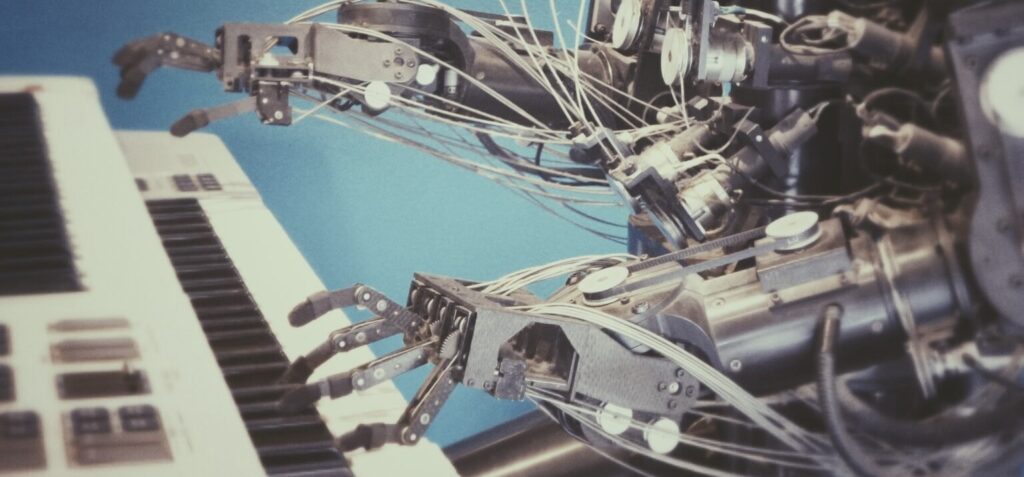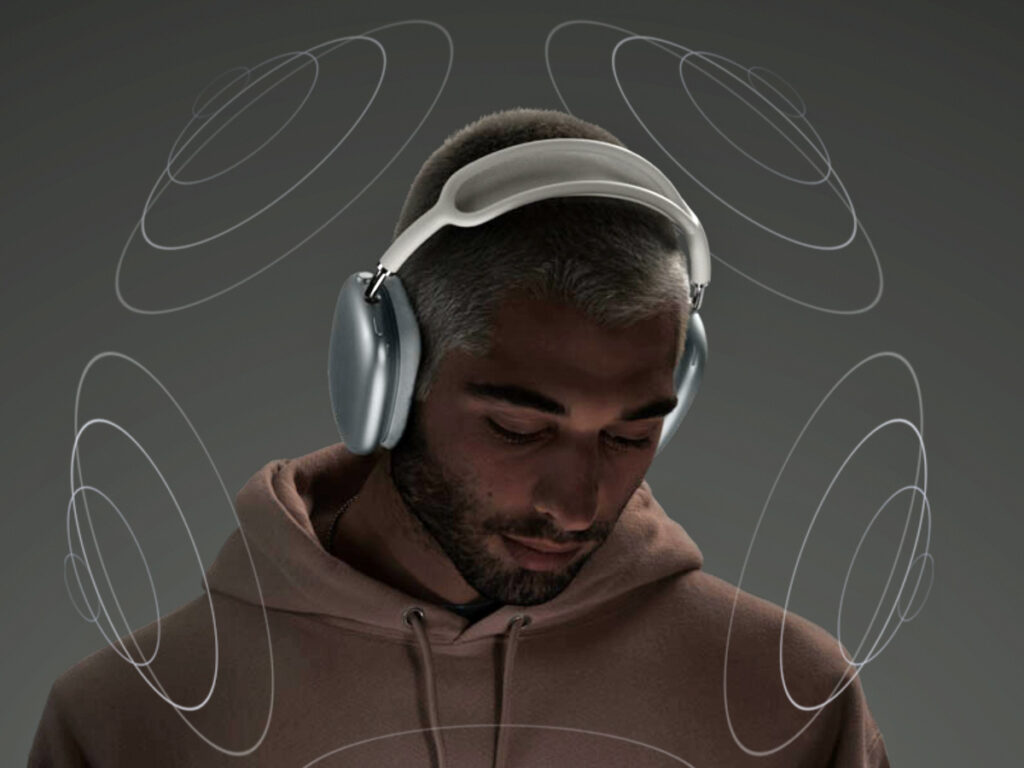
Spatial Audio: Adding a New Dimension to Sound
In terms of computer audio quality, we have reached a point where improvements to the computerized version of audio would be nearly unrecognizable to the human ear. This has provided motivation for developers to improve the listening experience of computer audio rather than the quality of the stored music. One of these recent developments in computer audio experience is the introduction of spatial audio. This new cutting-edge technology allows for a more immersive listening experience by creating three-dimensional audio. In contrast to the more traditional stereo sound, spatial audio using many audio channels to create a listening experience, rather than simply using one for each ear.

Spatial audio works by assigning individual sounds to a virtual location in three-dimensional space. While wearing headphones or sitting within a surround sound system, spatial audio creates the illusion of sound coming from different directions. The technology is especially impactful when developing virtual or augmented reality. Spatial audio can help to enhance the immersive experience to make a more realistic user experience.
While maybe not quite as beneficial, tech companies like Apple have begun to introduce spatial audio in there upper-level headphones, the AirPods Pro and the AirPods Max. While wearing the headphones, the technology within the headphones is able to dynamically track the user’s head movement in order to create a high-quality audio passthrough. Additionally, the feature creates a theater-like audio experience by simulating the sound coming from all around them.
Perhaps even more intriguing, spatial audio can greatly enhance a user’s experience while gaming. While wearing headphones with spatial audio, a more immersive and realistic soundscape can greatly enhance gameplay. Popular games that have been recently released adopt spatial audio to go beyond the typical stereo sound to create a 360-degree soundscape of the game. This allows players to hear sounds not just from the sides, but also from above, below, in front, and behind.
Artificial Intelligence: A Game Changer in Music Production
The introduction of artificial intelligence is revolutionizing the work conducted over many different industries; computer audio and music production is no exception to this. AI possess the ability to analyze and utilize data unlike any human, this is why it has become a vital tool for many professions. In terms of music production, AI has improved the workflow of music creation, editing, and analysis.
Like many other topics, AI can be a useful tool in quickly creating a new and original musical piece. Users can simply specify factors like mood, style, and duration, to receive an entire piece in mere seconds. This music can then be utilized by the user for any purpose, as it does not have a copywrite or any related restrictions.
Similarly, artificial intelligence can be utilized in editing and perfecting pre-created music. When given a musical piece, AI can utilize its large library of data and machine learning algorithms to optimize factors like sound levels or tone to perfectly balance a track in a short amount of time. While it may not be up to par with the best audio engineers in the world, the fast learning of artificial intelligence will only lead to improvements in the years to come.
On a different note, artificial intelligence can be helpful in determining factors like what makes a song popular, appealing, or call towards a certain emotion. AI can be useful in predicting musical trends by analyzing existing trends of popular music. Through this, industries like film, game production, and advertising can be greatly improved by using AI as their music and sound creation expert.
One of the most prominent examples of these uses for AI has begun to be developed through a tool deemed AIVA. AIVA can be used as a musical composition tool that utilizes the power of AI and its machine learning of classical music to compose original pieces of music. Its dataset has been filled with historically renowned composers such as Mozart, Beethoven and Bach. AIVA has provided industry professionals a quick and cost efficient way to create music to utilize in their field.
Will Digital Outdo Analog Music?
Two key advancements have continued to shape the improvements of audio production: these are increase in computing power, and the evolution of audio plugins. In recent years, these developments have opened a plethora of new possibilities for digital music creators by transforming the way they work and the quality of audio that they can create.
As written by author Caleb Loveless, “Audio plugins, which are software components that add specific features to an audio system, are becoming more sophisticated. They can now emulate vintage hardware, create complex soundscapes, and even use artificial intelligence to assist in mixing and mastering. This allows audio engineers to achieve professional-quality sound without the need for expensive physical equipment.”
The impact of improved quality of music software allow access for a wider range of people than the outdated analog studios. By moving computer editing and creation towards a computerized version, anyone from a professional audio engineer to a hobbyist first learning about music can have access to the same tools. As these technologies continue to evolve, there will undoubtedly be new ways to unlock the creative potential of computer audio than ever before.
Sources Used in this Section:
https://audioxpress.com/assets/upload/images/1/20201208153539_Apple-Airpods-Max-SpatialAudioWeb.jpg
https://www.apple.com/airpods-max/